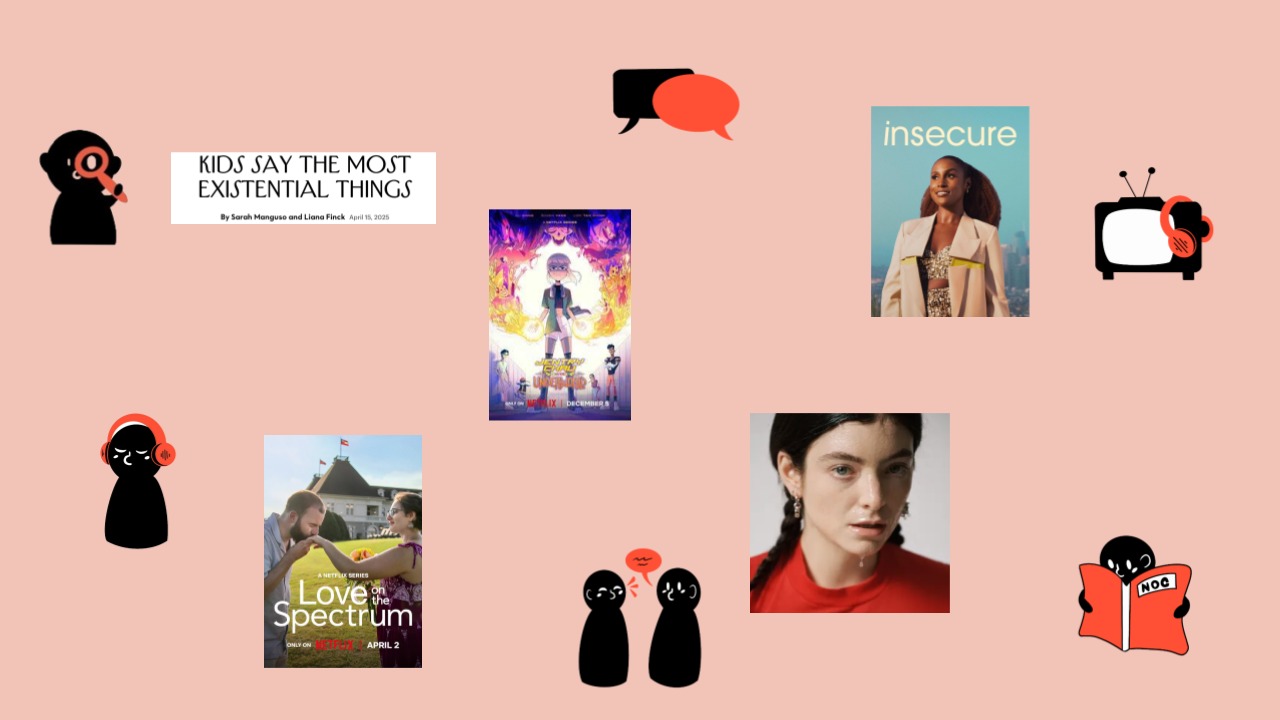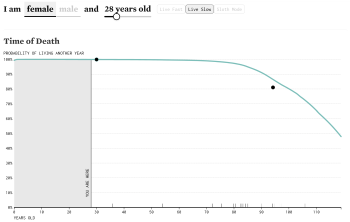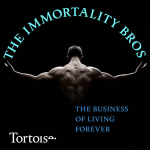
|
edition 8: |
|
I have always had marked crow's feet when smiling. As my face lost its teenage plumpness, they became even more pronounced. I never considered them negatively—on the contrary. According to current TikTok beauty trends though, I failed by not implementing preventative 10-step anti-aging regimens when I was in high school. The world seems obsessed with longevity and eternal youth. Even more striking than the obsession with "glass skin" is the quest to extend maximum human lifespan well above 150 years. The most prominent figure in the anti-aging biohacker movement is Bryan Johnson, whose Netflix show Don’t Die gleamed screens worldwide to mixed reviews. He famously spends around 2 million US dollars annually on age-reversing or -slowing treatments and brands himself as the most biologically measured person in history. The modern immortality movement might be a quest reserved for the privileged few who have millions to spend on such treatments and the willingness to subject their bodies to painstaking protocols. But sociologists, economists, and cultural researchers are taking note and raising questions: extending human lifespan by several decades would affect every aspect of human society—from family structures and careers to wealth distribution, pension systems, marriage dynamics, life phases such as adolescence, and mental health. Questions about treatment accessibility and the role of insurance cannot be sidestepped. Consider this: in a world where you live to 150, your career might be over 105 years long. Would your chosen career remain relevant? Could anyone reasonably be expected to work the same job for over a century? This is assuming that bodily health and mental capacity are extended equally. In this extended-lifespan world, having great-great-grandparents still active for a significant portion of your life would be normal. How would all these generations interact with each other? Wealth typically flows from older to younger generations via inheritance—what changes if younger generations need to wait decades longer? The traditional marriage vow promises togetherness "till death do us part." Would people still confidently make such vows if death might not come for 120+ years? When would children enter the picture, assuming fertility windows are also extended? And perhaps most philosophical of all: what constitutes a fulfilling 150-year life? What would our mental health look like with so much life—both the good and the bad—to experience? Most researchers consider these questions premature, while others suggest the first person who will live to 150 might already have been born. The articles, podcasts, websites, and videos here below are great resources to start thinking about an ultra-centenary life. Could you imagine living to 150 years old? Sanjna |
Some numbers
|
Read between the lines
|
More numbers to crunch
|
|
A bit of promotion: if you think a friend, colleague, family member might enjoy NOC, invite them to subscribe! We are happy to see new faces. |
Hear them out
|
Science-fictionWhile researching this article, I encountered initiatives that felt straight out of science fiction—mission statements like "we aim to make 90 the new 50" and plasma transfusions between father and son. Beyond real-world experiments, the quest for immortality has long fascinated writers and filmmakers, from Peter Pan to the Philosopher’s Stone and The Hitchhiker’s Guide to the Galaxy. Here’s a brief selection of how science fiction has explored immortality. 
|
Through art
|
|
Our Picks

|
|
|
|
NOC is a constant work-in-progress. We want to hear your thoughts, recommendations and ideas—reply to the newsletter via email or write to us on social media (LinkedIn or Instagram). Your input will help shape where we go next! You can browse past editions on our website. Was this email forwarded to you? You can register to our newsletter here. One ask from us: to avoid our newsletter landing in your spam inbox, add our email address as a contact. |



